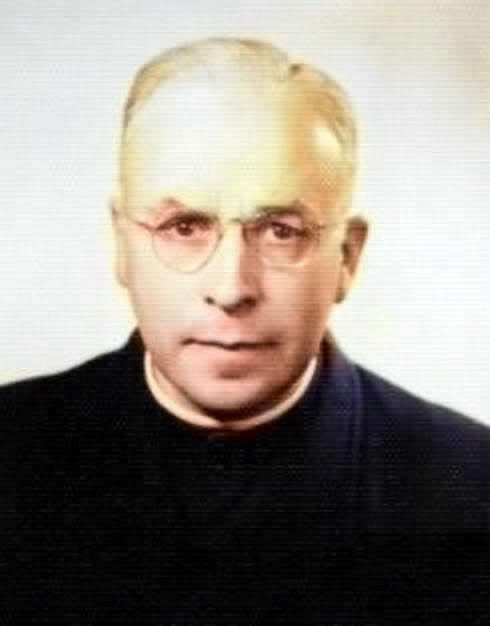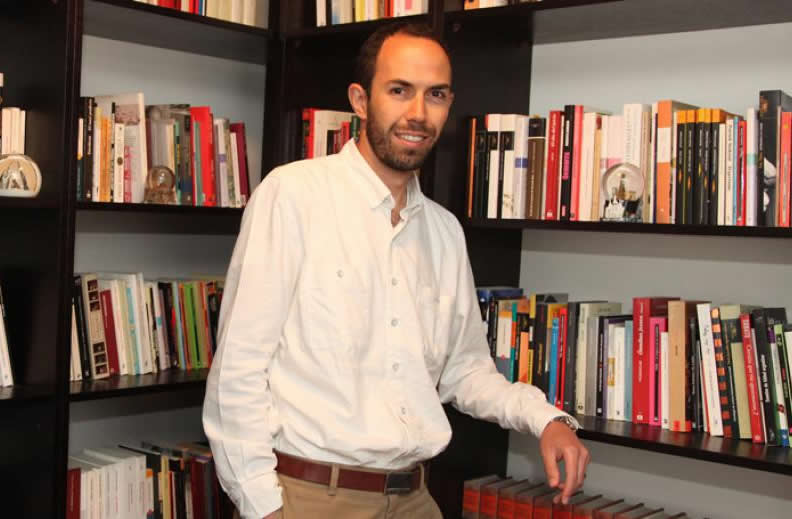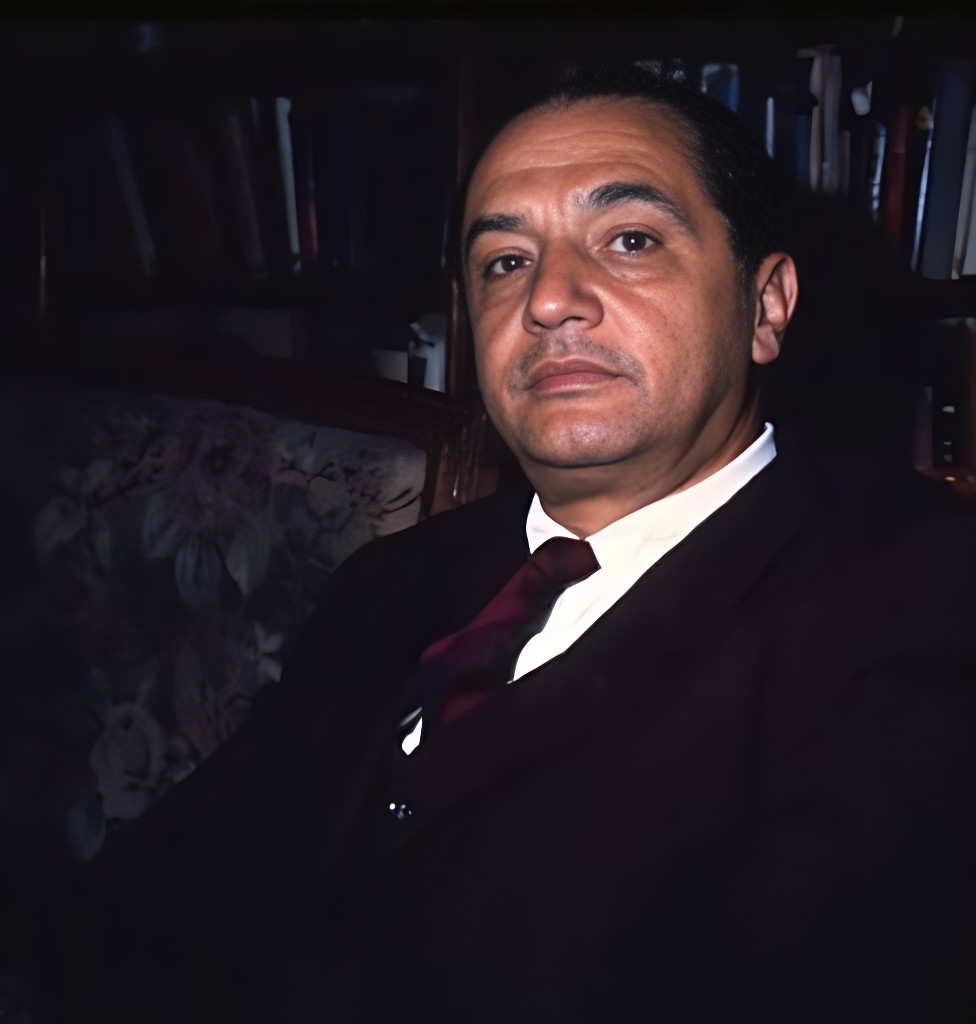Aurelio Espinosa Pólit (Quito, July 11, 1894 – Quito, January 21, 1961) was an Ecuadorian Jesuit priest, writer, poet, translator, literary critic, and university professor. He co-founded the Pontifical Catholic University of Ecuador and served as its first rector, making significant contributions to education in the country. Renowned for his translations of Latin poets Virgil and Horace, as well as Greek playwright Sophocles, into Spanish, he was a prolific writer who produced over 600 works in his lifetime. Espinosa Pólit also founded the Aurelio Espinosa Pólit Museum and Library in Quito, which became a cornerstone for Ecuadorian literary heritage. In recognition of his impact on literature and culture, the prestigious Aurelio Espinosa Pólit Prize for Literature was named in his honor.
Continue reading “Aurelio Espinosa Pólit”Category: Writers from Quito
José Hidalgo Pallares
José Hidalgo Pallares (Quito, 1980) is an Ecuadorian economist, novelist, and short story writer. He is the author of the short story books La vida oscura (2003) and Historias cercanas (2005, winner of the Joaquín Gallegos Lara Prize), and El manual de la derrota (2019, winner of the Joaquín Gallegos Lara Prize). His novels include Sábados de fútbol (2007) and La búsqueda (2013). His short stories have also been published in anthologies in Ecuador, Argentina, Chile, Cuba and the United Kingdom.
Continue reading “José Hidalgo Pallares”Jorge Icaza reading from his prose (Spanish audio)
Ecuadorian novelist and playwright Jorge Icaza (1906-1978) reading from his prose. Recorded May 2-3, 1961, at the Casa de la Cultura Ecuatoriana, Quito.
Continue reading “Jorge Icaza reading from his prose (Spanish audio)”Jorge Icaza
Jorge Icaza Coronel (Quito, June 10, 1906 – Ibidem, May 26, 1978) is indisputably the most renowned Ecuadorian author of the 20th century. His impactful storytelling, exemplified in critically acclaimed novels such as “Huasipungo” and “El Chulla Romero y Flores,” presented an unflinching portrayal of Ecuadorian societal conditions, particularly the trials of indigenous and mestizo communities. Icaza’s “Huasipungo,” which brought the issue of rural exploitation to the global stage, has been translated into more than 15 languages, including two English versions, signifying his far-reaching influence. His status as Ecuador’s literary giant is not just confined to his homeland; his work has significantly shaped Latin American literature. His later role as Ecuador’s ambassador to Russia further exemplifies his multifaceted contributions. Icaza’s legacy has transcended time; his work continues to inspire and influence, marking him as a towering figure in Ecuadorian and Latin American literature of the 20th century.
Continue reading “Jorge Icaza”



